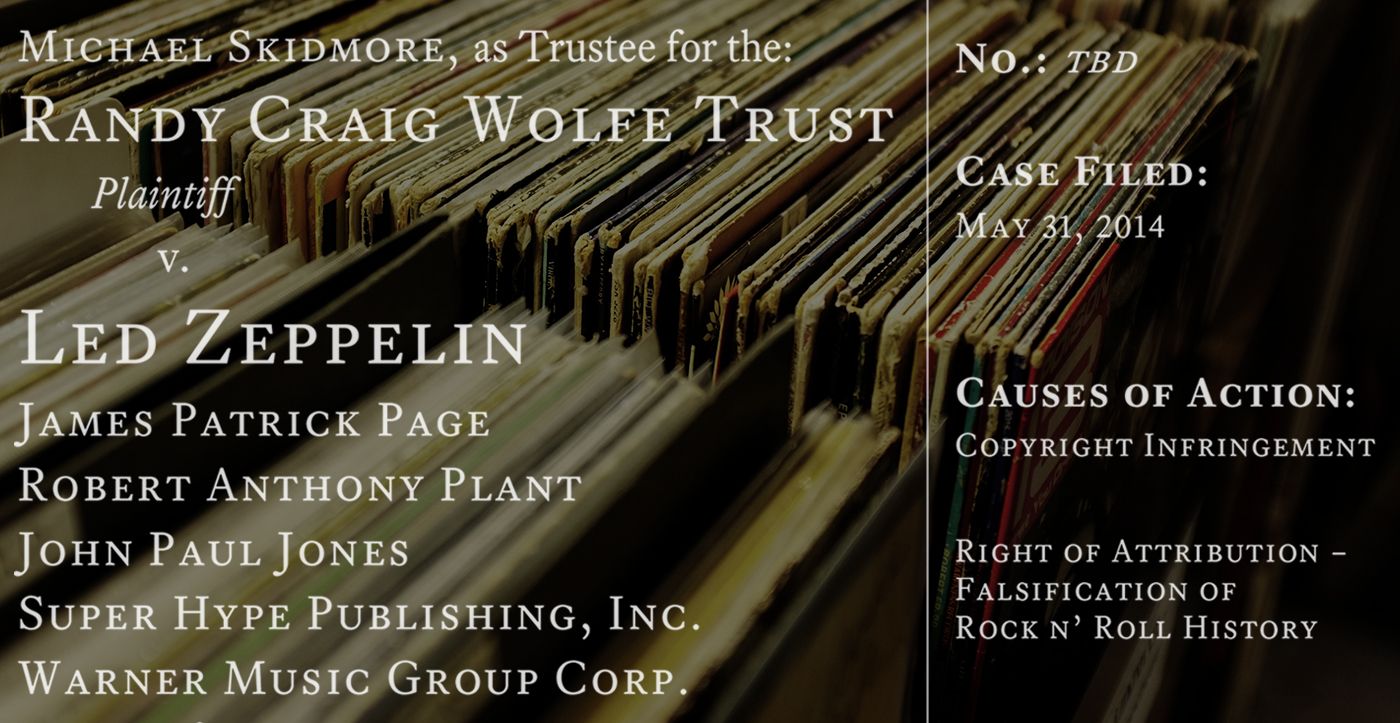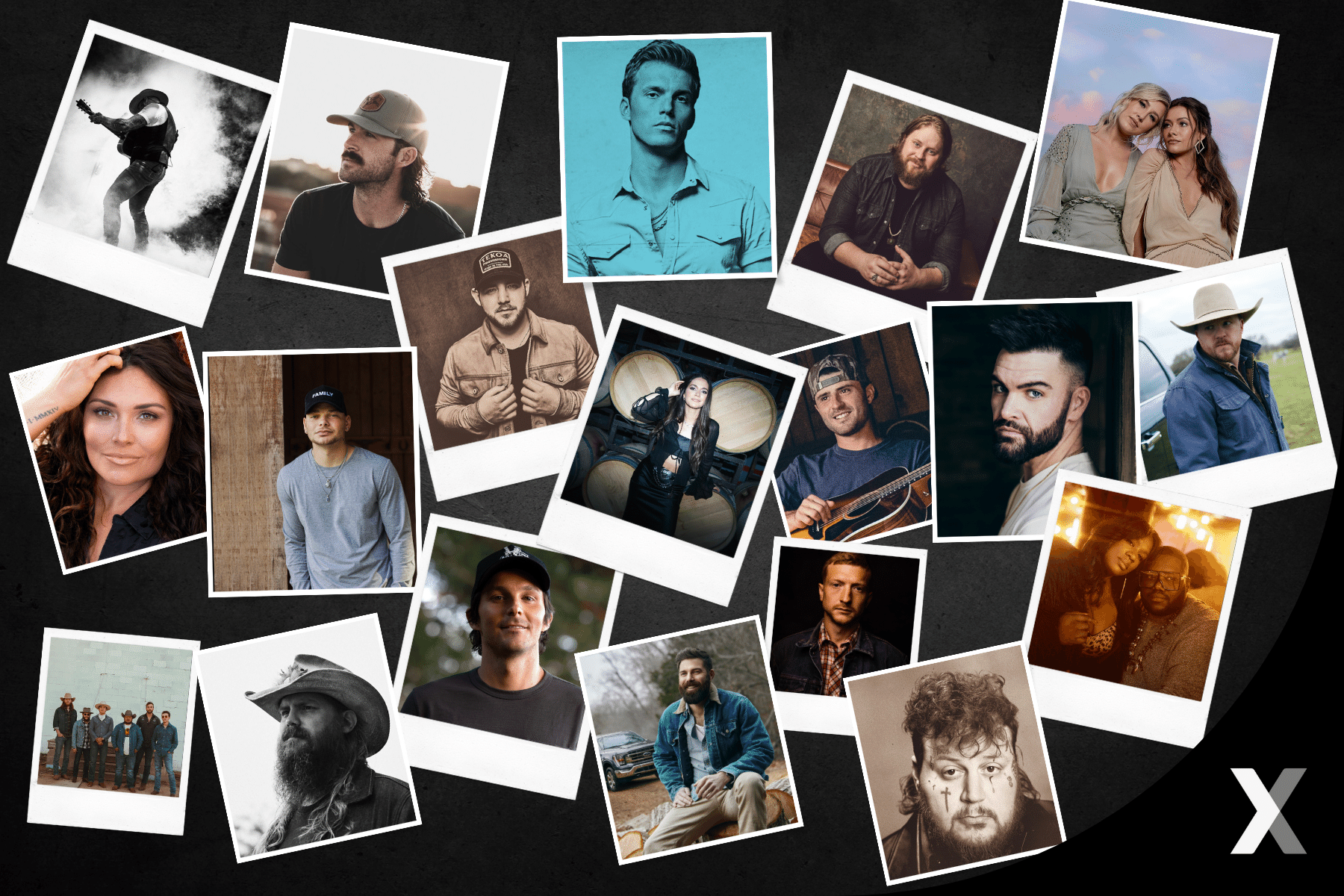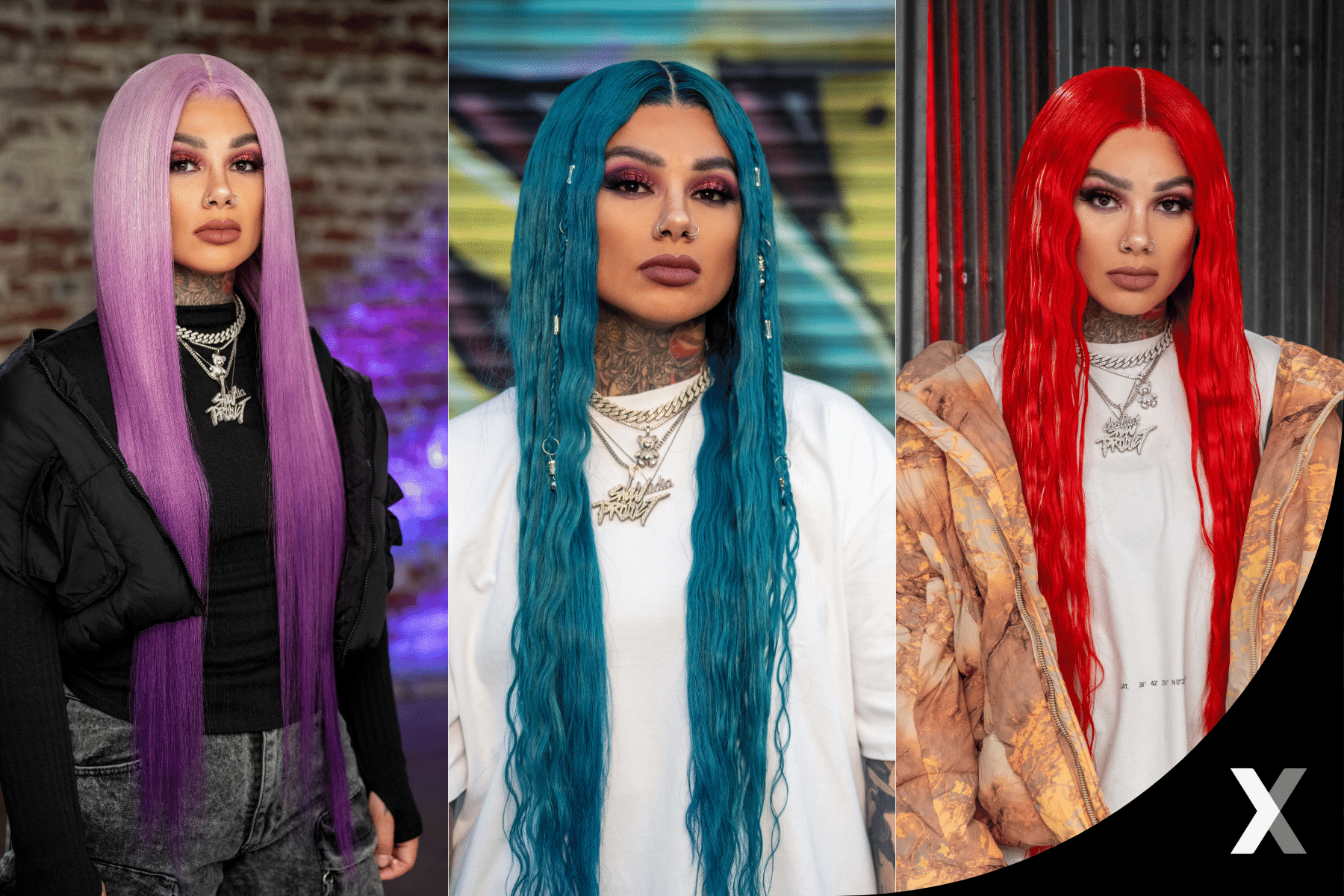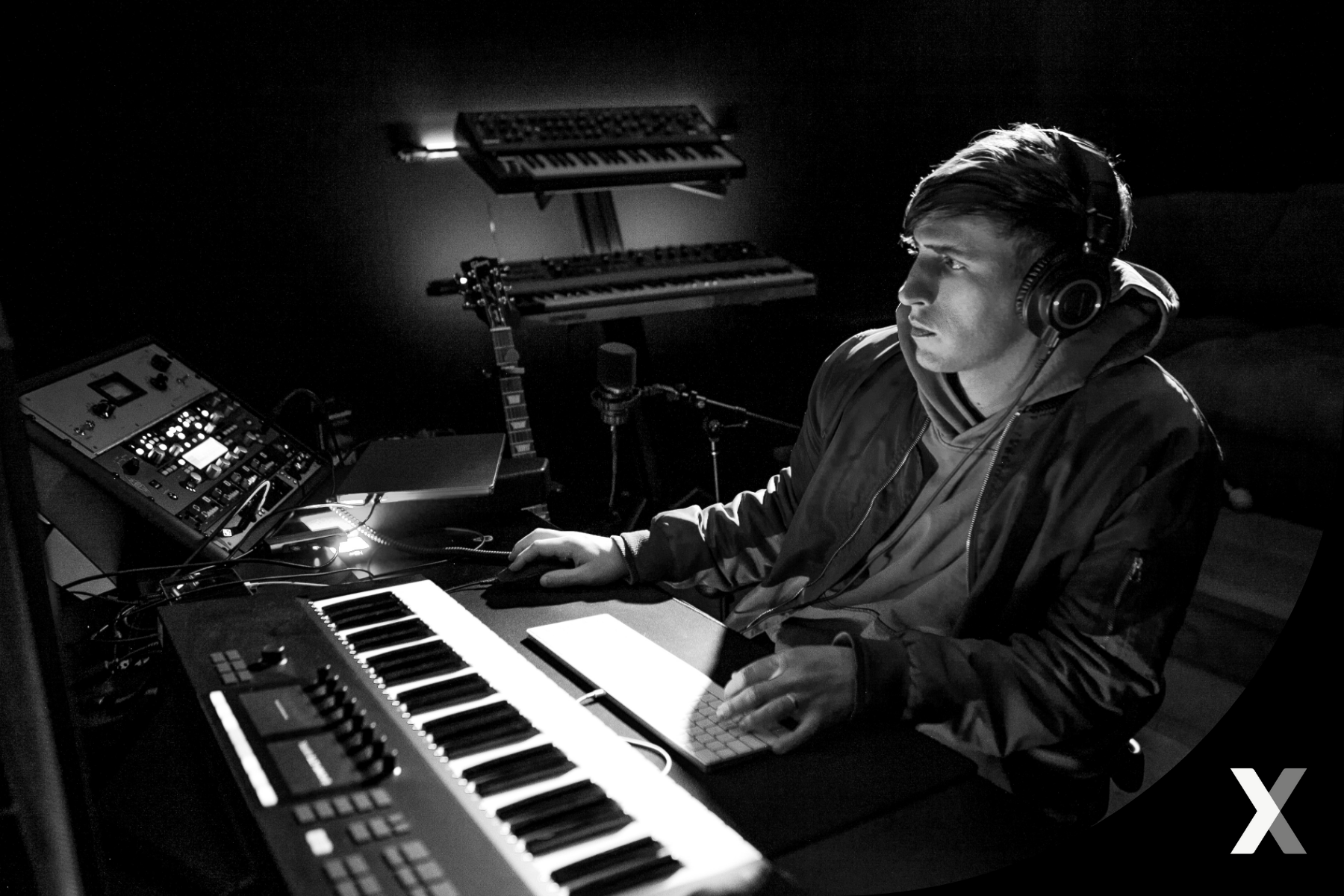2024 Academy of Country Music Awards
The 2024 Academy of Country Music Awards nominees are out - congrats to our artist partners for their collective 25 nominations!
3 min read
George Howard : July 18, 2016

This is the second article in an ongoing educational series on the MAX Blog. Read the first article, “PROs: What Are They and Why Should Artists Care?”, here.
MAX’s Head of Music and Cofounder recently appeared on New England Cable News’s “The Take” to provide commentary on the court’s decision not to charge Led Zeppelin with copyright infringement.
In this article, George expounds on copyright law and how both artists and brands can mitigate risk as it relates to music copyrights.
In the United States, an original work of authorship is granted copyright protection once it is fixed in a tangible medium. In other words, this occurs when a song is written down or recorded.
For music to receive copyright protection, it cannot too closely resemble another song, nor can it interpolate sections of another work (i.e. an unlicensed sample of someone else’s song).
While this seems somewhat straightforward, no bright-line rule currently dictates how close a song can be to an existing work, meaning most copyright cases are subject to interpretation.
As mentioned previously, the jury presiding over the Led Zeppelin case found that “Stairway To Heaven” did not infringe upon “Taurus” by Spirit.
However, the 2015 case between The Estate of Marvin Gaye and the writers of the song “Blurred Lines” (Robin Thicke, Pharrel Williams, et al.) found that “Blurred Lines” was substantially similar enough to Gaye’s track “Gotta Give It Up” to constitute infringement.
The Gaye Estate was awarded more than $7 million—though it was reduced to approximately $5 million last summer.
While there certainly is a similar vibe between the “Blurred Lines” and “Gotta Give It Up,” the idea that anyone can copyright a “vibe” sent a chilling effect through the songwriting/publishing community.
You can imagine songwriters in a post-”Blurred Lines” world refraining from writing works for fear that they had infringed upon the “vibe” of some other songwriter. In other words, the line between infringement and original authorship became . . . wait for it . . . blurred.
On the flip side, the “Blurred Lines” judgment potentially inspired rights holders to engage in litigation in the hopes of receiving similar windfalls. Perhaps that’s what the rights holders of “Taurus” were thinking. It is worth noting, though, that they had intimated infringement prior to the “Blurred Lines” decision.
Regardless, I personally do not feel that the “Blurred Lines” decision was the correct one.
The ambiguous criteria affecting these decisions can complicate the creative process for songwriters. Though they can generally proceed without a second thought, they must use common sense.
Whether via a sample or by directly citing lyrics or melody, artists should never intentionally utilize someone else’s work without first getting permission.
It’s entirely plausible that a songwriter could inadvertently write a song that is substantially similar to an existing work. However, upon learning of a substantial similarity, songwriters must understand the risks of continuing to exploit the work.
The rights holder of a work has the exclusive right to reproduce, distribute, publicly perform (in the case of the composition only), create derivative works, publicly display, and publicly perform via digital transmission (in the case of the sound recording only).
Put simply, this means that right holders can take legal action against anyone who does any of the above without their permission. Forms of legal action include, but are not limited to:
Damages can relate to the actual loss of revenue that the original rights holder suffered and statutory damages that can run as high as $150,000 per infringement.
A songwriter who infringes upon the work of others isn’t the only person at risk. Anyone else who participates in the reproduction, distribution, or any of the other rights enumerated above, can be held liable as well. This includes labels, brands, and platforms like Facebook or YouTube.
Thus, it’s imperative for everyone involved with the reproduction, distribution or any other listed exploitation of a work to have the rights to do so, and educate either themselves or those whom they represent about risks and opportunities.
To better understand the risks, picture yourself hearing a piece of a song you wrote in another work. How would you feel? Would you be OK with it because it gives you promotion/validation? Would you want the person to stop using your work immediately? Would you expect they pay you the money they earned from using your song, as well as ongoing money?
Copyright simply gives rights holders the power to use any of these approaches, assuming, of course, that there was determined to be actual infringement.
With an increased proliferation of music, and a similarly increased ability for artists to create and distribute music, the opportunities for both exploitation and infringement of music are more pronounced than ever.
For artists, copyrights are assets that allow them to more sustainably create music on their own terms. For brands, the use of music is an increasingly powerful tool to reach and engage fans.
Brands and artists are quickly learning the best ways to combine forces. The challenge for both, though, is not only the maximization of value, but also the reduction of risk.

The 2024 Academy of Country Music Awards nominees are out - congrats to our artist partners for their collective 25 nominations!

Latin GRAMMY-nominated rapper and singer Snow Tha Product is partnering with göt2be Color Remix to drive engagement and awareness for the bold...

EDM artist ILLENIUM is partnering with the California Department of Public Health to talk about the dangers of Fentanyl, his own substance use...